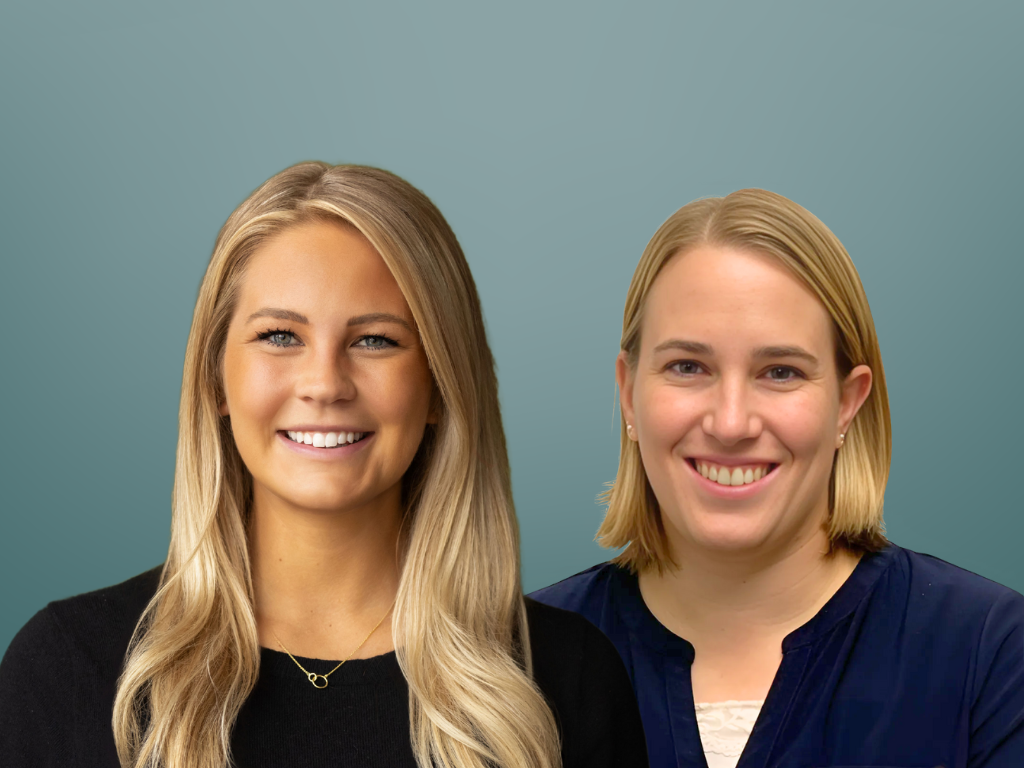
Better Together: Bridging Gaps in Recovery Care Through Innovation and Compassion
During Substance Use Disorder Treatment Month, Rogers Behavioral Health demonstrated why they’re leaders in transforming mental health and recovery care. As part of our Community Health Immersion (CHI) focused on “Navigating Pathways to Recovery,” their presentation highlighted how innovation and compassion can break down barriers to treatment access.
Where Virtual Meets Traditional Care
“The best way to really support patients and improve access to services is to meet people where they’re at,” says Tyra Gutschow, Community Relations Liaison at Rogers Behavioral Health.
This philosophy drives Rogers’ comprehensive approach, blending the accessibility of virtual care with an extensive in-person network. With nine clinics across Wisconsin, including key locations in Manitowoc and Sheboygan Counties, Rogers maintains a strong physical presence. However, recognizing that waiting lists for intensive services can derail recovery, they implemented telehealth as a bridge, ensuring no one falls through the cracks while awaiting more intensive care.
The Art of Patient-Centered Care
“Sometimes we need to slow down to speed up when navigating pathways to recovery,” shared Clinical Operations Supervisor Jaimie Simon, LPC, with CHI participants. This thoughtful approach resonated with students like Emily Cole from UW-Madison’s Global Health program.
“This presentation stressed the importance of meeting people where they are at, and there is no one-size-fits-all treatment,” reflected Emily Cole, a student in the Global Health program at UW-Madison.
The Power of the Purposeful Pause
Simon emphasized the importance of intentionality: “The way you show up matters. Slow down, ground yourself, and be fully present with each person in your care.” For our CHI participants, this message was more than advice—it was a call to transform their approach to patient care.
When providers take time to center themselves before engaging with patients, they notice subtle cues that might otherwise be missed. This deliberate approach shapes how treatment plans are developed, how teams collaborate, and how data is interpreted. As Simon reminded participants, patients aren’t algorithms; they’re individuals whose care requires presence and thoughtful attention.
Building a Community of Recovery
Rogers’ approach is rooted in a fundamental truth: recovery happens in community, not isolation. Their comprehensive continuum of care emphasizes group-based treatment at nearly every level:
- Inpatient Treatment
- Residential Treatment
- Partial Hospitalization
- Intensive Outpatient Program
- Supportive Living
- Outpatient Services
This robust treatment spectrum ensures that patients remain connected throughout their healing journey. From the most intensive care to ongoing support, patients find strength in shared experiences and mutual understanding.
Rogers’ approach also acknowledges that practical challenges—like housing and transportation—can impact recovery, that trauma often underlies substance use, and that strong discharge planning is essential for sustained success. By integrating both virtual and in-person support, they ensure patients can access care in ways that work best for their individual circumstances.
Impact on Future Healthcare Providers
For our AHEC Scholars and guest healthcare students, Rogers’ presentation offered more than information—it provided a model for patient-centered care they’ll carry into their future practices. Participants left inspired to embrace innovation, expand access, and reduce barriers to care in their communities.
Connect with Rogers Behavioral Health
If you or someone you know could benefit from Rogers’ services, help is available. Healthcare providers can refer patients, and individuals can reach out directly to start their journey. To learn more about Rogers’ comprehensive behavioral health services or to schedule a free screening:
📞 Call: 800-767-4411
🌐 Visit: rogersbh.org
Rogers Behavioral Health is in-network with most major insurance plans, and their team is ready to assist with insurance questions and benefits verification.
Looking Forward
As we continue our Better Together series, we’ll share another powerful perspective on recovery. In our next post, we’ll hear from Chris Seefeldt, whose personal journey with lived experience and recovery highlights an essential truth: professional treatment provides crucial structure and support, but the journey inward— learning to be kind to, accept, and ultimately love oneself —creates the foundation for lasting change. Through his experiences, we’ll explore how personal transformation and community support interweave to create resilience and hope.
When healthcare providers truly meet people where they are—whether through a screen, in a clinic, or in the community—they open pathways to healing that might otherwise remain closed. And that’s what being better together is all about.
Interested in Attending a Community Health Immersion?
Priority is given to Wisconsin AHEC Scholars, but other students can join as space allows. These impactful experiences cover diverse healthcare topics and are offered across Wisconsin.
